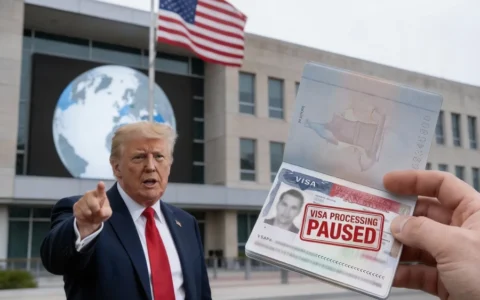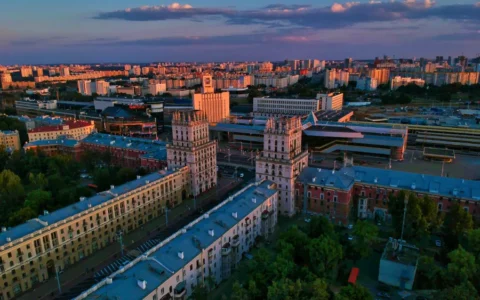Chinese officials have intensified their global efforts to attract foreign capital in line with President Xi Jinping’s directive, though these endeavors face skepticism due to conflicting domestic policies. A recent promotional event in Singapore highlighted these challenges as Inner Mongolian officials pitched their rare earths sector to potential investors, only days before Beijing announced stricter regulations on these critical resources. This event mirrored the broader difficulties Chinese delegates encounter as they try to reconcile national security measures with economic openness.
Investor confidence has been shaky, with foreign direct investment in China reaching its lowest point since mid-2018, amid Xi’s stringent national security and economic policies. This sentiment is exacerbated by the looming US elections, which could see further tariff escalations on Chinese goods, regardless of the outcome.
In efforts to restore faith among international investors, top Chinese leaders, including Xi, have engaged directly with American business figures, emphasizing China’s commitment to open its market. Additionally, events in strategically chosen locations like Singapore—known for its proximity and favorable relations with China—are part of a broader push to showcase opportunities within China’s tech and industrial sectors.
However, these roadshows often raise hard questions about China’s investment climate, particularly regarding the protection of private property and the stability of foreign investments following abrupt regulatory changes in sectors like education and technology.
The increase in such delegations is a response to China’s economic slowdown, exacerbated by a domestic housing slump and persistent trade tensions with Western nations. Despite these challenges, some trips have yielded positive outcomes, such as strengthened collaborations with major companies like Volkswagen in Germany.
Yet, the success of these missions varies significantly, with higher-profile cities leveraging existing international relationships while lower-level delegations struggle to achieve meaningful investment cooperation, highlighting the complex dynamics at play as China seeks to bolster its economy through foreign engagement.






